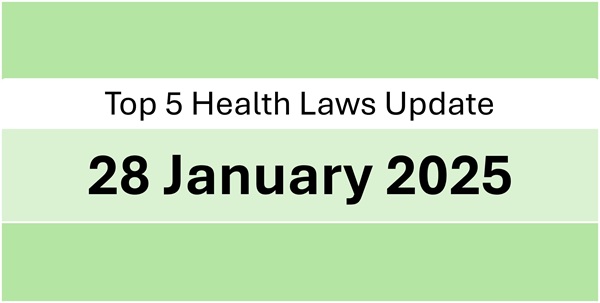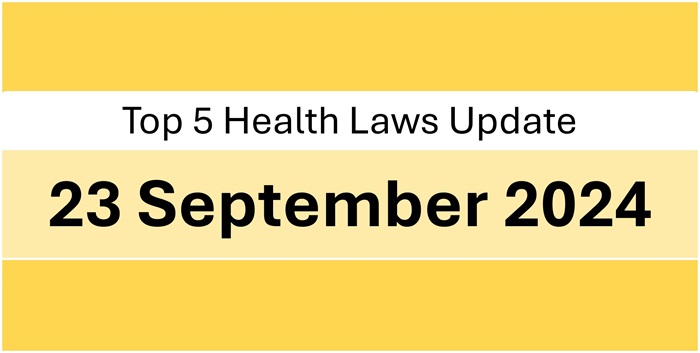Dear Readers, we are happy to share the most interesting legal and policy updates concerning health industry that we read today. we hope you enjoy reading it.
1. The Indian Council of Medical Research (ICMR) has issued an Expression of Interest (EoI) for organizations, companies, and manufacturers to develop and produce a lateral flow-based point-of-care device for serum ferritin quantification. Serum ferritin is an important biomarker for diagnosing iron deficiency or anemia. The deadline for submitting the EoI is February 28, 2025.
Source: bit.ly/4jCmvrJ
2. The Pharmacy Council of India (PCI) has requested pharmacists facing registration issues on the DIGI-PHARMed portal due to existing identity proof in the system, to submit their details along with a declaration. This initiative is part of the Council’s efforts to eliminate fake or incorrect data by blocking incomplete entries and asking affected pharmacists to create new profiles with valid information.
Source: bit.ly/3Ee0e3q
3. The Federation of Pharma Entrepreneurs (FOPE) is urging the Union government to address GST rationalization due to challenges like low liquidity and increasing compliance burdens in the pharmaceutical industry. FOPE highlighted that the current GST structure has created an inverted duty structure, causing significant working capital blockages and operational inefficiencies, which impacts the critical role of the Indian pharma sector in healthcare, employment, and exports.
Source: bit.ly/3WC6Nmu
4. The National Medical Commission (NMC) is investigating around 30 doctors who took foreign trips to Monaco and Paris, sponsored by a drug manufacturer under the pretext of a dermatology conference. The doctors may face censure or suspension from the Indian Medical Register for three months to over a year, depending on the severity of the violation. This follows a reprimand from the Department of Pharmaceuticals (DoP) over the drug company’s sponsorship of the Rs 1.91 crore trips.
Source: bit.ly/4aCPis9
5. India’s Chhattisgarh High Court has ruled that when determining whether a mixture of narcotic drugs or psychotropic substances constitutes a “small quantity” or “commercial quantity,” both the quantity of the offending drug and the neutral substance mixed with it should be considered.
Source: bit.ly/4jAW8Ti


